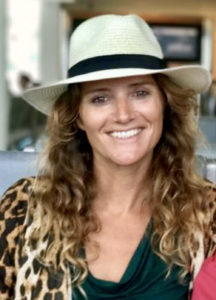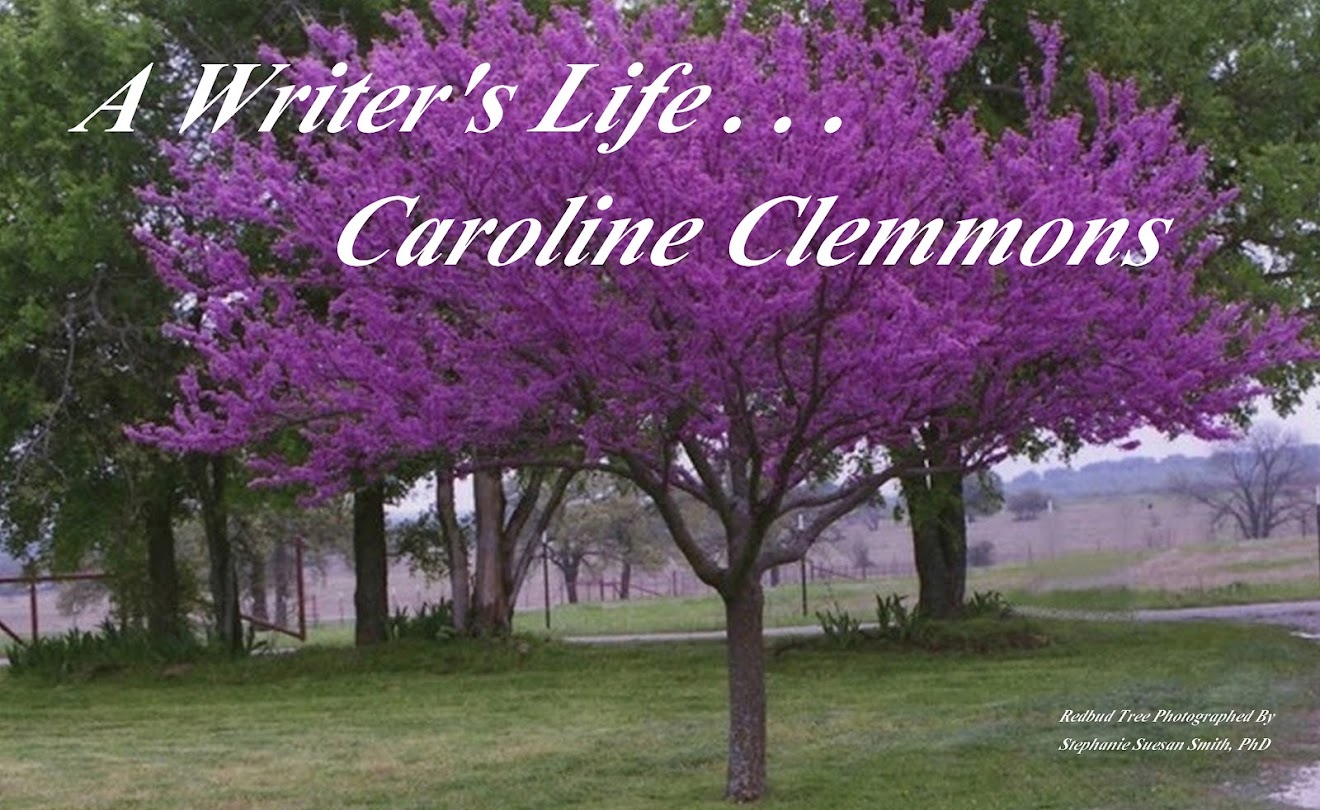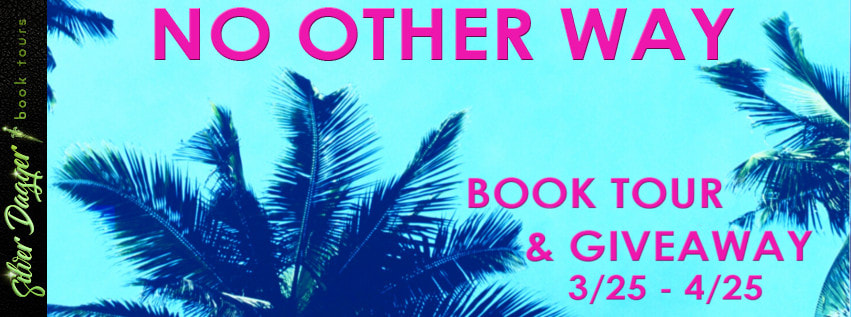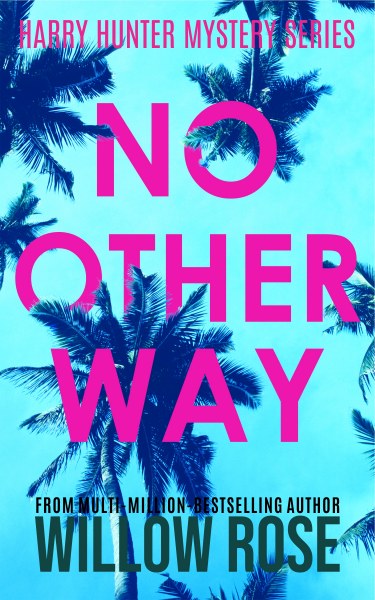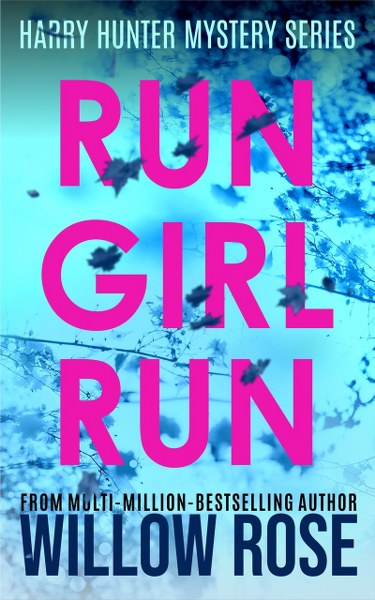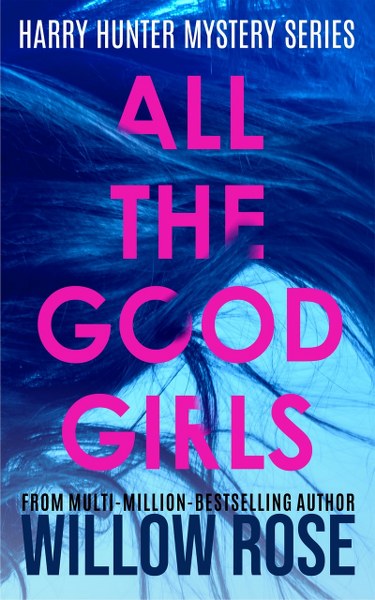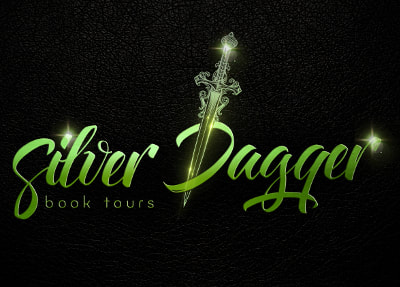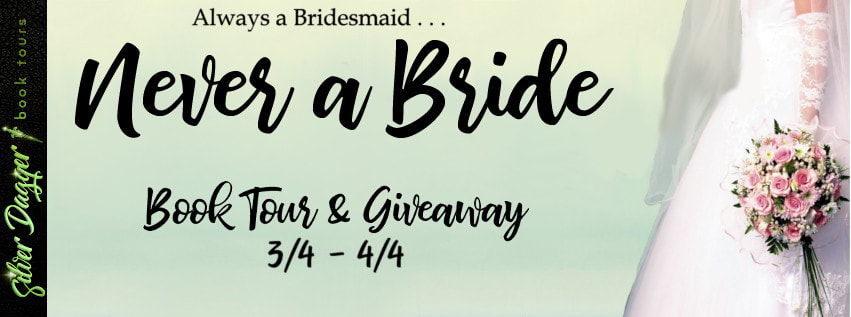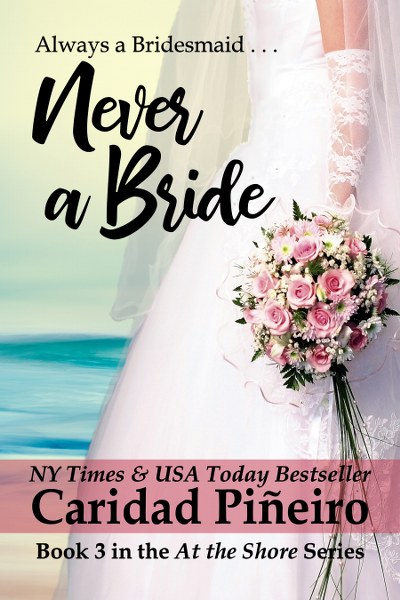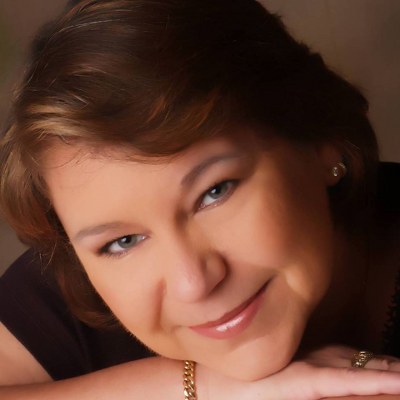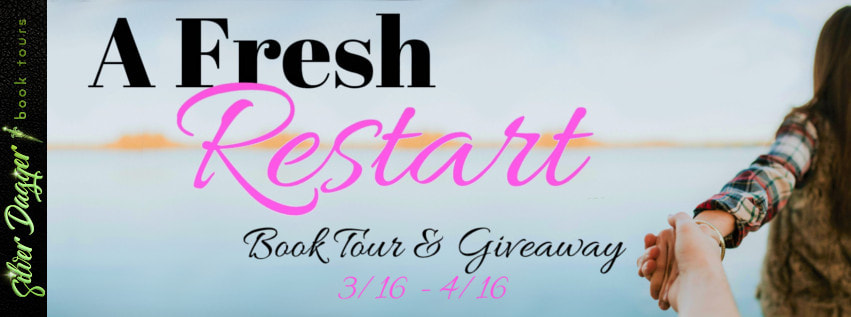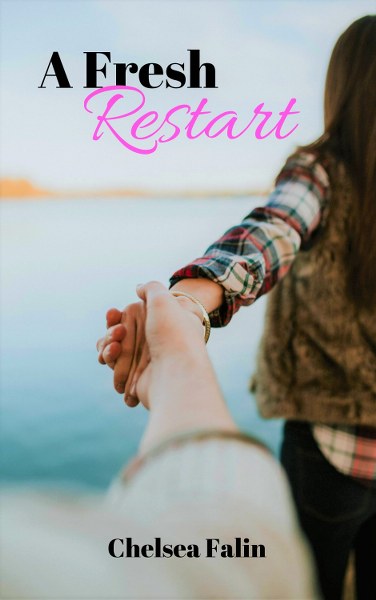Don't forget the Rafflecopter giveaway at the end of this post!

Hazard in Hampshire
by
Emma Dakin
Cozy Mystery
Date Published: Oct 13, 2019
Claire Barclay returns to England from her last post in Seattle, buying a house in a village and settling down at forty-six. She responds to an invitation to tea and stumbles upon the murdered body of Mrs. Paulson, a prominent villager. As the first person to find the victim, she is one of the first to be investigated. She answers the persistent questions of Detective Inspector Mark Evans and is determined to give him another suspect. Mrs. Paulson had been the president of the local Mystery Books Club? Was the motive for murder located in the archives of the book club? She had lived in the village all her life, been involved in many organizations and societies and knew many secrets of the villagers. Was one secret too dangerous for her to keep? She had been wealthy and left her money to a member of the club. Could the legatee have been impatient for her inheritance? Three ladies from San Francisco join Claire’s book tour and, with avid curiosity, help Claire investigate the murder. Complicated by Claire`s need to care for her newly acquired Cavalier King Charles Spaniel, they travel through Hampshire, Sussex and Oxfordshire to visit sites of mystery writers. The tourists are enthusiastic about mystery novels and also about the local murder and offer imaginative solutions. Claire listens to their advice, attempting to ferret out the story behind the murder while trying not to impede the official enquiry of the increasingly attractive Detective Inspector Mark Evans.
An independent woman, her dog and murder. Throw in a Hampshire village and you have the perfect setting for a cozy.
I had expected my hostess at the tea party to be boring. I hadn’t expected her to be dead. When I first glimpsed her, I wasn’t sure if the body was my hostess. But she was the only person in the gazebo and she had asked me to meet her there. This must be Mrs. Paulson. I swallowed, tried to steady my breathing and looked for someone to ask. The street was screened by a trellis of roses, preventing me from seeing anyone passing by. I couldn’t hear anyone. There was no one to accept the responsibly of dealing with this except me. Mrs. Paulson wasn’t a friend of mine. I didn’t even remember her. She claimed she’d met me at a conference and sent an invitation to tea which arrived just as I was looking for an escape from my house.
First thing that morning, I’d tried to fix the sink. I managed to shut off the water and attempted to loosen a nut put on by a plumber with sadistic intentions. It would not budge. I heard the letter box lid clang. Good. A distraction. I’d give up on the plumbing as an impossible task. I pushed to my feet, cracked my head on the slanted sink, but managed to stand straight in the tiny loo and deposit the
useless wrench in the sink. Since I was back in England, it wasn’t a wrench, it was a spanner. Still useless.
I trailed my hand along the rail as I moved quickly down the stairs, admiring the warm brown wood someone carved many years ago. I smiled. It was all mine. After all my years of traveling, I was surprised to discover I was a nester at heart and passionate about owning a home.
The envelope I fished from the letter box was square, not the usual business style. Inside, I found an invitation to afternoon tea. Today. Afternoon tea? I hadn’t been to afternoon tea since I was a child.
“Mrs. Ernest Paulson requests the honour of your presence at her home……”
I read the rest of the printed invitation quickly. The date and time, today at two, were written in elegant cursive as was a message on the bottom. “I look forward to pursuing our acquaintance started at the Crimefest in Bristol.”
Bristol. I couldn’t put a face to her name as there were numerous people who had milled around, chatting and asking questions at the conference. She must have been one of the attendees, living here in my new village. This was a chance to meet someone local. I’d go and leave my plumbing problems behind me.
I walked up her gravel walk, printed invitation with its written gracious message tucked in my rucksack. She lived in an attractive brick two-up-twodown cottage with wisteria rambling over the front porch and yellow roses almost covering the front paned windows. A bee hummed past my ear. It was a beautiful spot, a quintessential English village cottage and garden.
“Take the left-hand path to the gazebo,” the instructions had said. “I will serve tea there.”
Dutifully, I turned left and approached the charming octagonal gazebo. I could see a table laden with teapot, cups and saucers and a tier of goodies, but no Mrs. Paulson. As I approached the brick steps I saw a foot, Joseph Siegal shoe, mid-range expensive, then the ankle and finally a woman stretched out on the wooden floor.
“Mrs. Paulson?” I leaned over her. “What’s the matter?”
She was silent. A chaffinch twittered nearby and a brambling called its buzzerlike steady note. I could hear a car rumble past on the road. I touched her wrist. No pulse. Every tour guide has to have a first-aid certificate, so I knew how to detect a pulse. I tried at the carotid artery. Again, no pulse. No respirations. Wide open blue eyes, glazed and immobile. Mrs. Paulson was definitely dead. Should I
start mouth-to-mouth resuscitation? I hesitated. Could I get her heart working? Should I compress her chest? Those glazed eyes told me not to try. She was dead.
I shuddered. Think, Claire. A smack above the heart can sometimes re-start it. I’d try it. I punched her hard in the sternum. Her body rolled a little, but there was no response. I struck her chest twice more and could detect no difference. Not even a flutter from her pulse. Whoever Mrs. Paulson had been, she was gone.
I sat back, reached into my rucksack for my cell phone and hit 9-9-9. I was calm. The cell phone was shaking. I gave my cell phone number to the crisp voice on the other end. It asked me to wait. Of course, I’d wait.
I didn’t remember her from Bristol. She looked to be about sixty or so, hair still dark and pulled back with a couple of small combs keeping it away from her face. She wore a long vest over a blousy shirt and long pants. Nothing was skewed or disarranged. She hadn’t fought off anyone. She didn’t look as though she had been hit, shot or shaken. Maybe a heart attack? I worked hard at logically assessing the scene, trying to stem off the shakes that were waiting to rock my body. There was a scent of roses that was sweet and enduring. Somehow it was indecent to leave Mrs. Paulson alone, and the ambulance dispatcher expected me to stay. I took a long deep breath. That was better. I studied the red roses peeking in through the gazebo supports their canes surrounded by a thick bush. I gazed intently, looking for a thrush twittering somewhere in that bush. It seemed an eon before the ambulance arrived. I gave my name, Claire Barclay, and my new address, The Briars A, to the young constable who arrived with the ambulance. I told him what I had done in case there was a bruise on her sternum that confounded the police surgeon.
“Good of you to try, madam. Not everyone knows enough to do that.” He smiled at me.
“It didn’t help.” I swallowed. I wished I remembered more from my First Aid classes.
“Once in a while it does help.” He was comforting.
I showed him the invitation I’d received and told him I couldn’t identify her as Mrs. Paulson as I couldn’t remember her from the Bristol conference. I hoped I was making sense. Conference. Bristol. Mystery books. It might have sounded like gobblygook.
“Not to worry, madam,” he said. “I know her.”
“Oh, that’s good. Is it Mrs. Paulson?”
“Yes, it is. Are you all right?” He was either kind, or he was worried I was falling apart in front of him.
Author Interview
Please tell us about growing up. Siblings? Locale?
I grew up in the Fraser Valley of British Columbia with three sisters and two brothers. We lived on a small farm and, for some reason which psychiatrists may have a field day with, I preferred to be outside cleaning the barn than inside cleaning the house. When we had time off from music practise, school work and chores, we disappeared into the twelve acres of woods and appeared only for meals.
Were you the shy kid or the tomboy? Married, single? Children?
I read all the time I wasn’t outside, and was caught several times reading under the covers with a flashlight—which wasn’t allowed. I read the “Anne” and “Emily” books by L.M. Montgomery and was determined to be a writer. However, that ambition I kept to myself as it wasn’t seen as practical in my family. I loved learning and took a science degree in nursing and went to the wilds of the Cariboo country of BC to work as a public health nurse. I married, had a family of three, moved to a ranch there and continued to nurse, farm and herd children.
When they were in school, I worked part-time as a nurse and part-time as a writer and eventually over many years published with trade publishers ten Young Adult and middle-grade novels and twelve non-fiction, usually around teen issues. I have lost count of how many books I’ve written, as I’m not sure if one is supposed to include translations (Korean, Chinese, Norwegian, Czech, French, Italian).
When I retired from nursing, I gave myself the luxury of writing cozy mysteries, the genre I’d been reading and enjoying for a long time. It’s quite lovely to spend the days with my characters. In a series, I can become involved with their development as emotionally richer personalities and find I am thrilled by it.
When you’re not writing, what’s your favorite way to relax and recharge? Hobbies?
Of course, I read and usually cozy mysteries by other authors. I now live on the Sunshine Coast of British Columbia very near the ocean and so join a regular crew to outrigger paddle. We see a lot of wildlife on the ocean and get exercise. I am a struggling violin player in a chamber orchestra. Occasionally, I join friends and play Celtic fiddle.
And I garden, mindlessly weeding in the summer.
I admire your ability to paddle an outrigger. How long have you been writing?
Seriously? To deadlines? Since 1982.
Where do you prefer to write? Do you need quiet, music, solitude? PC or laptop?
I write in my office which is dedicated to my writing and research. It has filing cabinets, two computers (one working and one working very slowly, but has some addresses on it I need), a desk with my working computer, another desk with room to spread out for correcting manuscripts and writing by hand and paper piled up and spilling over everywhere—even on the floor.
Your office sounds very much like mine if you throw in bookcases. Are you a plotter or a pantser?
I write about two chapters as a pantser and then plot the book chapter by chapter. The plot can jump and change, though, but I start as an organized writer.
Tell us about your writing schedule. Do you set goals? Do you write daily?
Yes, I write daily. And have a three-year writing plan. In the morning, I take my dog, Heidi, for a walk, pour myself a coffee and then start writing. I surface about noon.
Tell us something about yourself that might surprise readers.
I learn to fly in my late 30s. My expertise was assessed by my oldest son who asked his dad as we were approaching the runway, “Let Mom land. We get more bumps that way.”
How amusing. I’d love to be able to pilot a plane. What advice would you give to unpublished authors?
Everyone says: Keep writing. I’m not different. The secret to producing readable work is to keep writing, every day. Writers have faith in an individual perspective on the world. Readers want to see the world through the eyes of a particular writer. Writers need to believe that their views matter.
What has helped you in your writing career?
I have been helped immensely by editors. Cheerleaders, friends who think everything you write is wonderful are encouraging, but editors who point out your mistakes are even more valuable.
What do you hope your writing brings to readers?
I hope readers escape for a time into Claire Barclay’s world where they can get as much pleasure from reading it as I did in writing it.
Emma Dakin has written over thirty published books, many under the name of Marion Crook. She completed her PhD in education, went on to teach at university and continued to write, because writing, as most readers know, is at least a compulsion, if not an addiction. After years of reading every cozy mystery she could find, Emma wrote Hazards in Hampshire: The British Book Tour Mysteries. One of the joys of setting a novel in Britain is the need to travel there. She enjoyed absorbing the differences in attitude in the distinct British counties and tried to interpret the Cornish accent (next book) and the unique culture of Yorkshire (third book). She lives on the Sunshine Coast, near Vancouver, Canada, but claims her British ancestors “keep popping into my head with their purely British remarks”.
Goodreads: Marion Crook Author
Instagram: franklinbeeach
orders@epicenterpress.com
Local bookstores and libraries
